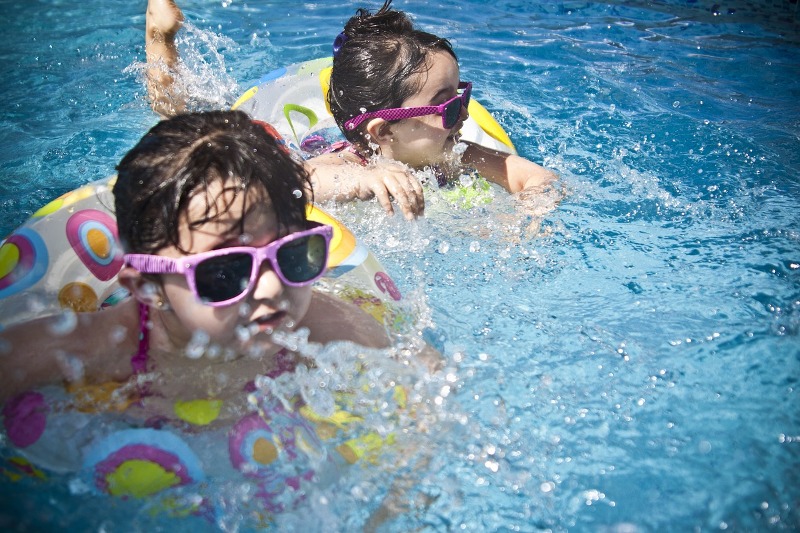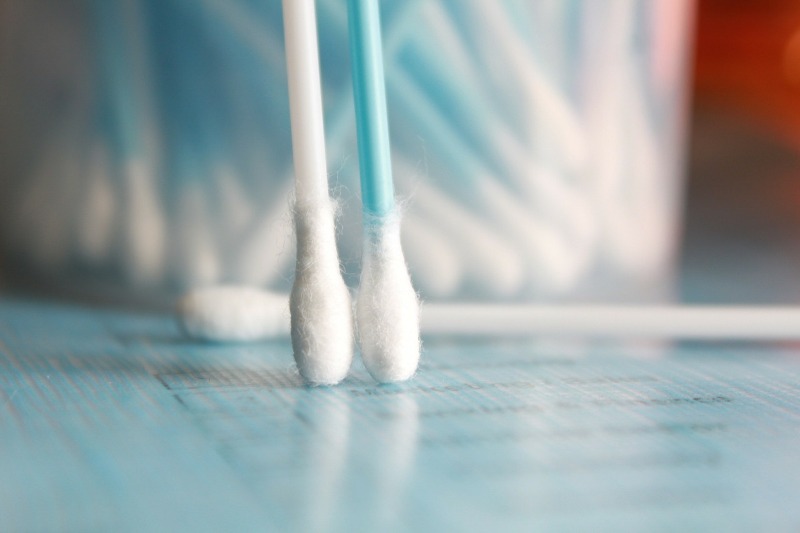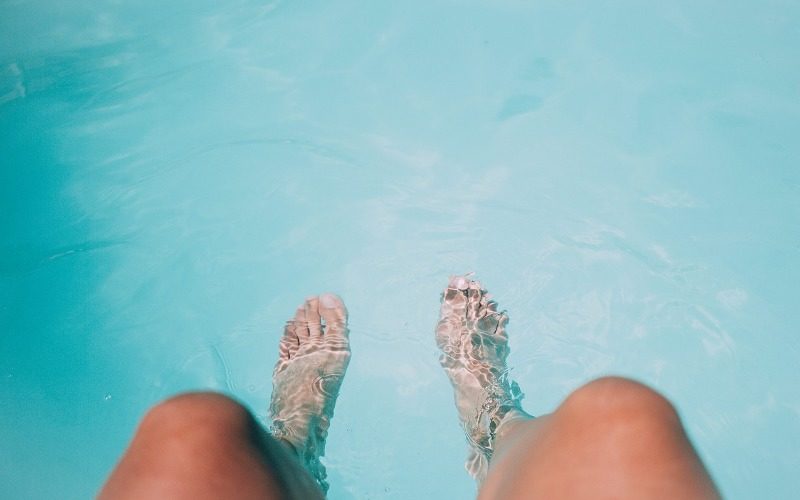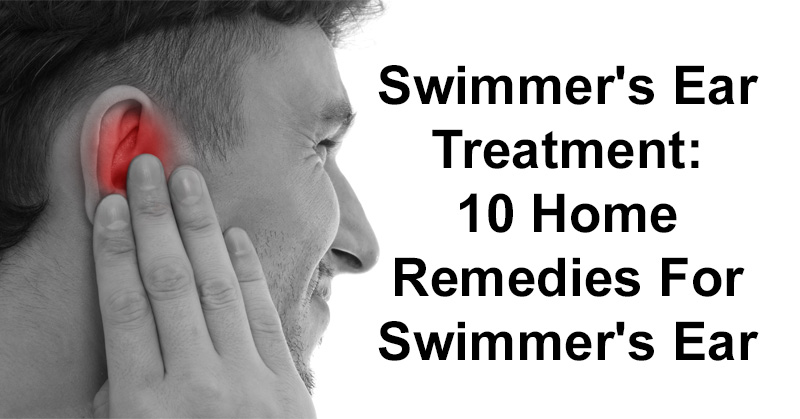Swimmer’s ear occurs most commonly in children, but adults can also contract the infection. Swimming in contaminated water, cleaning the ear canal excessively and having low immune function can all contribute to the condition. (1) Swimmer’s ear treatment and prevention methods can help relieve pain and kill the infection. Home remedies for swimmer’s ear focus on natural healing and pain relief.
Swimmer’s Ear Causes and Risk Factors
- Low immune function and problems with the ear’s structure
- Excessive moisture, injury or trauma to the ear
- Conditions such as dermatitis and psoriasis
- Excessive cleaning of earwax that causes injury to the inside of the ear canal
- Hereditary factors like a narrow eye canal that causes complications
- Swimming in contaminated water or public pools
Swimmer’s Ear Symptoms
- Itchiness in the ear (2)
- Ear pain, tenderness, redness and pressure
- Ringing or tingling in the ears and trouble hearing
- Pus draining from the infected area
- Trouble sleeping on the affected ear
- Headaches, neck pains and dizziness
- Swelling in the lymph nodes or neck
- Trouble moving the jaw

Swimmer’s Ear Treatment
1. Diet
Foods that can worsen swimmer’s ear symptoms include:
- Packaged, processed foods: These foods often contain chemicals, dyes and other synthetic ingredients.
- Potential food allergens: This includes dairy, gluten, shrimp and peanuts, which can cause inflammation.
- Added sugar: Sugar lowers immune function and causes inflammation.
Foods for swimmer’s ear treatment and prevention include:
- Breast milk: Research has shown that children who are breastfed may have improved immune function and a greater resistance to foreign bacteria. (3)
- Antioxidants: Fruits and vegetables that are high in antioxidants can help strengthen the immune system.
- Spices/Herbs: Garlic, ginger and turmeric have natural antimicrobial, anti-inflammatory and antibacterial properties.
Water: Staying hydrated can help clear mucus from the ears and respiratory passageways to reduce blockage.
2. Supplements
Supplements that may be helpful for swimmer’s ear treatment include:
- Omega-3 fish oils: Omega-3’s have strong anti-inflammatory properties.
- Zinc: Zinc boosts immune function and promotes healing.
- Vitamin C: Vitamin C helps lower inflammation while giving the immune system a boost. (4)
- Echinacea: Echinacea increases lymphatic drainage and stimulates immune function.
- Vitamin D3: Vitamin D3 helps control inflammation levels in the body.
- Antibacterial and antiviral herbs: Herbs to promote healing include calendula, elderberry and astragalus. (5)
- Probiotics: Probiotics help improve gut health and boost immunity.

3. Stay Out of the Water
Part of swimmer’s ear treatment includes staying out of the water when you have an infection. Avoiding swimming until you’re sure the infection has cleared up. Water can further irritate the infection and worsen symptoms.
4. Soothe Pain
Home remedies for swimmer’s ear can help relieve pain. Try using a warm compress on the affected ear. Heat up a small towel or use a warmed-up water bottle. Press it gently against your ear to help relieve painful symptoms.
5. Don’t Remove Earwax
Earwax acts as a barrier to help protect the ear from harmful bacteria. Avoid using cotton swabs inside your ears to remove wax, especially if you are particularly susceptible to infection.

6. Use a Wax Substitute
Home remedies for swimmer’s ear may include using a wax substitute, such as petroleum jelly, to recreate the natural wax that’s produced in your ears. Swab a cotton ball with petroleum jelly, then gently rub inside the ear to help absorb excess moisture. (6)
7. Apply Helpful Oils or Drops
Home remedies for simmer’s ear may include mineral oil, mullein oil and garlic oil, all of which have antibacterial properties. Apply the oils using a dropper. Lay down with your affected ear facing up and pull your ear up slightly. Apply 1-2 drops into your ear canal and wait about 30 seconds. Then, get up and tilt your head to the other side so the solution drains out. (7)
8. Wear Earplugs When Swimming
Wearing earplugs when you swim can help prevent water from getting stuck inside your ears. Look for wax or silicone earplugs. These types can mold to your ear for a tight fit. If you are extremely susceptible to infections, considering wearing the earplugs when showering.

9. Use Rubbing Alcohol and Vinegar
Vinegar and rubbing alcohol can work as home remedies for swimmer’s ear. Use either pure rubbing alcohol or equal parts white vinegar and rubbing alcohol. Use 1-2 drops on the affected ear to help clear up the infection.
10. Use Essential Oils
Essential oils with antibacterial and anti-inflammatory properties can help speed healing. Rub garlic oil, basil oil or frankincense oil behind the ears to help fight inflammation, reduce pain and kill the infection. (8)


